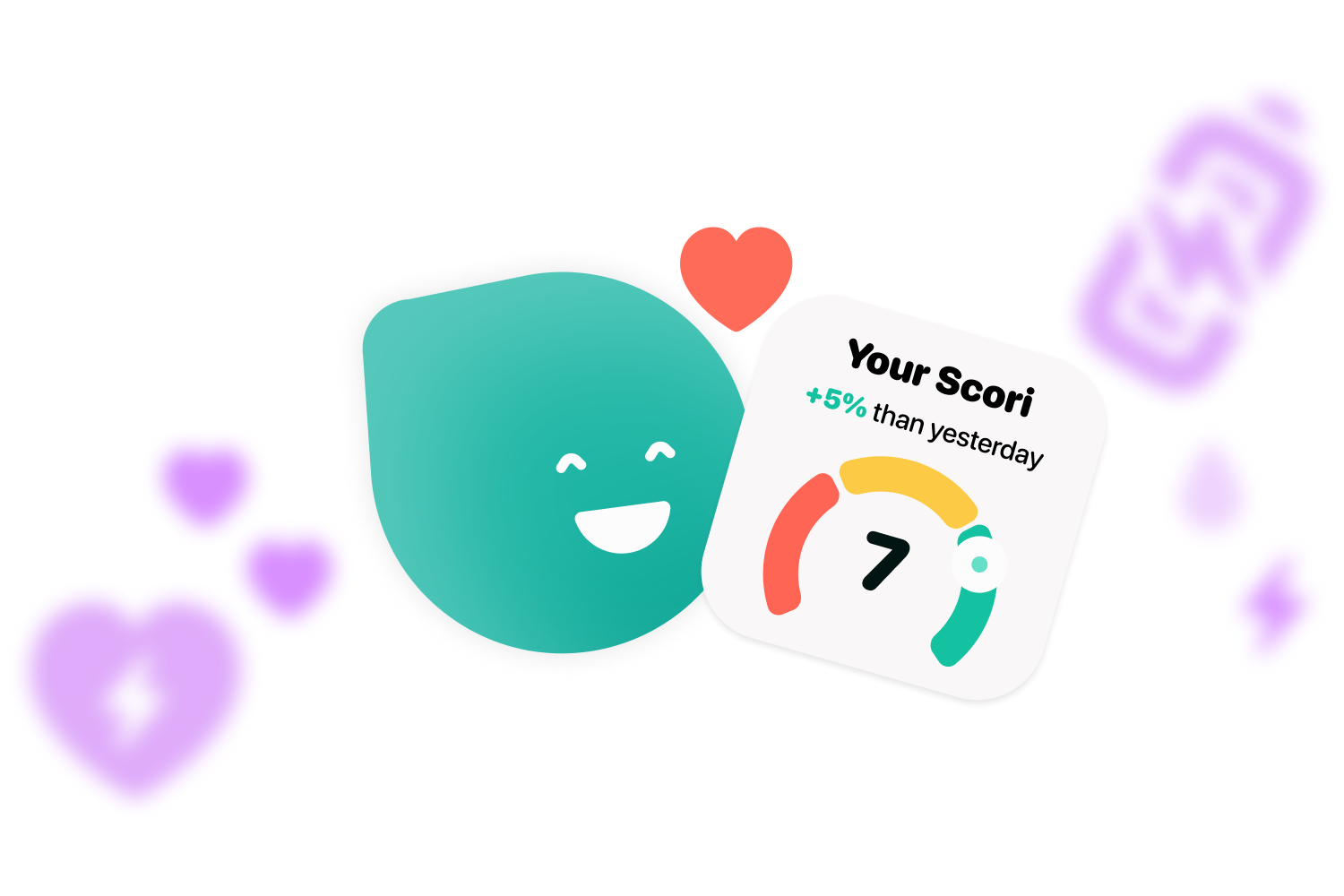One of the most common diseases in the world, type 2 diabetes affects millions of people worldwide. It is characterized by high blood sugar levels and an inability of the body to effectively use insulin. Diabetes type 2 has the potential to cause serious complications such heart disease, renal insufficiency, and neurological lesions if it is not treated properly. The good news is that there are many medications and therapies available to help manage type 2 diabetes symptoms and lower the risk of complications.
Medications and Therapies for Type 2 diabetes

- Insulin: Insulin is a hormone produced by the pancreas that regulates blood sugar levels. In people with type 2 diabetes, the body either doesn’t produce enough insulin or is resistant to its effects. Insulin therapy can help regulate blood sugar levels and prevent serious health complications. There are several types of insulin available, including rapid-acting, long-acting, and combination formulations.
- Metformin: Metformin is an oral medication that helps reduce the amount of glucose produced by the liver and improves insulin sensitivity. It is often the first medication prescribed for people with type 2 diabetes and is often used in combination with other medications or insulin therapy.
- GLP-1 Agonists: GLP-1 agonists are a newer class of medications that mimic the effects of the hormone GLP-1. GLP-1 is produced by the gut and stimulates insulin production and reduces glucose production by the liver. GLP-1 agonists can help regulate blood sugar levels and are often used in combination with other medications or insulin therapy.

Become a diabadass!
Join our weekly newsletter and learn
all the tips and tricks.
People with diabetes are especially vulnerable to the dangers of colds and the flu, but there are things you can do to control your symptoms and avoid getting sick in the first place. You may maintain your health even when you’re feeling under the weather by constantly monitoring your blood sugar levels, staying hydrated, getting enough of rest, and adhering to your diabetes management plan. Additionally, you may lower your risk of getting sick and safeguard yourself from any problems by maintaining proper cleanliness, being vaccinated, and generally maintaining good health. Make sure to discuss any worries you may have with your healthcare team for advice and support if you have diabetes and are worried about managing colds and the flu.
In conclusion, there are numerous drugs and treatments available to aid with type 2 diabetic symptom management. Blood sugar levels can be controlled and significant health issues can be avoided with insulin therapy. Metformin is an oral medicine that enhances insulin sensitivity while assisting in lowering the quantity of glucose generated by the liver. A more recent family of drugs called GLP-1 agonists can help control blood sugar levels by mimicking the effects of the hormone GLP-1. To maintain optimal management of type 2 diabetes, it’s crucial to collaborate with your healthcare practitioner to decide the best course of action for your unique needs and to routinely monitor your blood sugar levels.
It’s crucial to keep in mind that managing type 2 diabetes calls for a multidisciplinary strategy that includes a good diet, consistent exercise, and blood sugar monitoring. It is possible to successfully control the signs and symptoms of type 2 diabetes and lower the risk of life-threatening health consequences with the appropriate medications, therapies, and lifestyle modifications.




